'Null' Research Findings Aren't Empty of Meaning. Let's Publish Them
Science could benefit from more reporting of null findings, even if the reports were briefer and had less detail than would be needed for peer review.
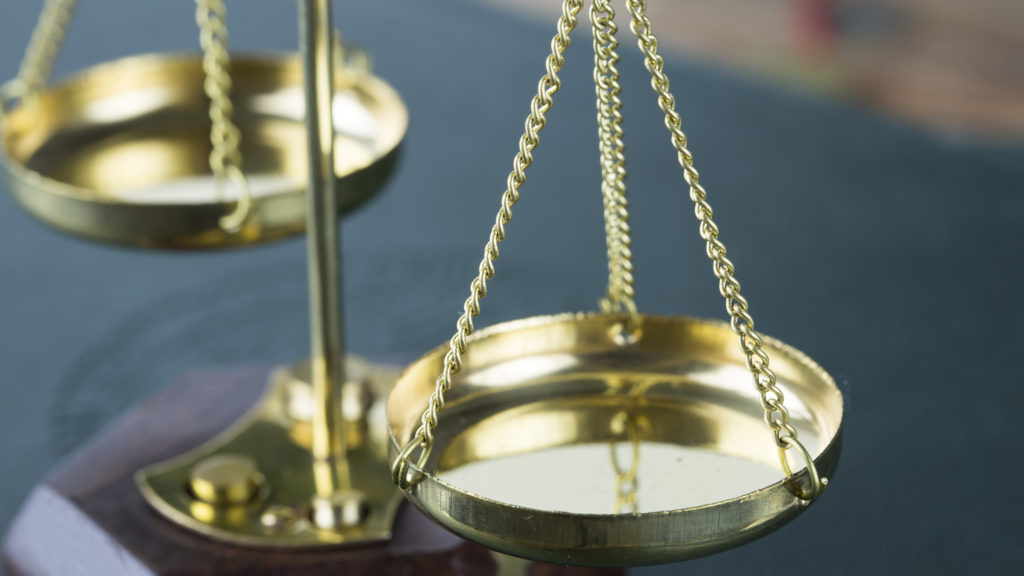
Send us a link
Science could benefit from more reporting of null findings, even if the reports were briefer and had less detail than would be needed for peer review.

A new paper argues that journal publishers should become much more transparent about their peer review practices.
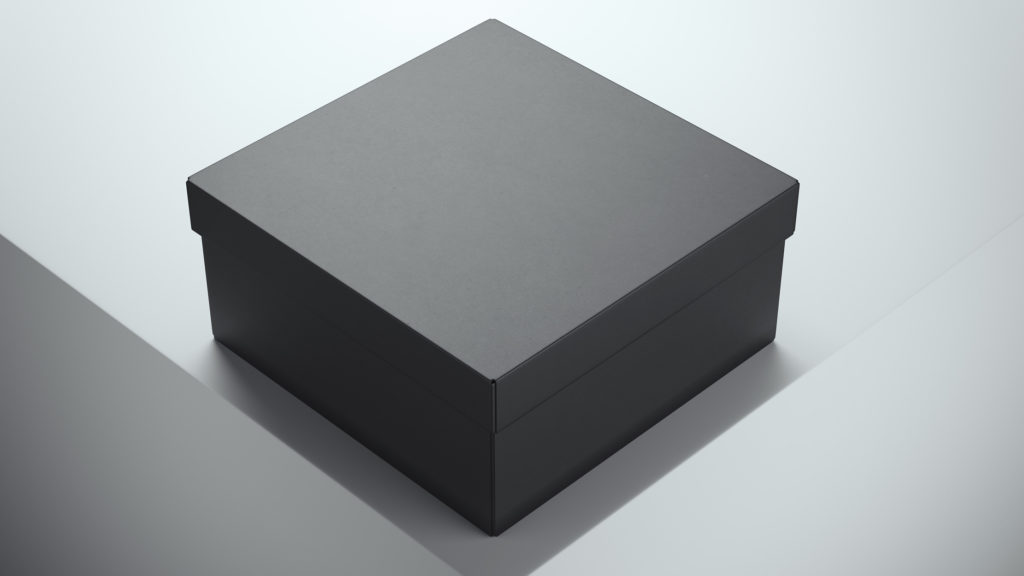
The rules fail to make data sharing mandatory for papers to be published, which raises the prospect that some authors might decide to ignore the hint.
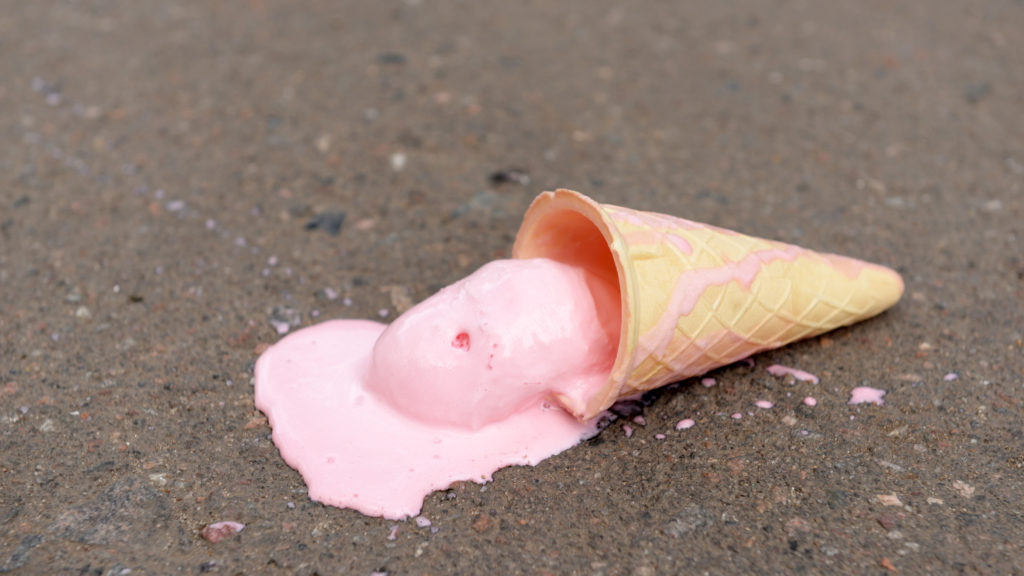
The case of Colombian scientist Diego Gomez — on trial for copyright violation for sharing a research paper — is likely to reach a head later this month.
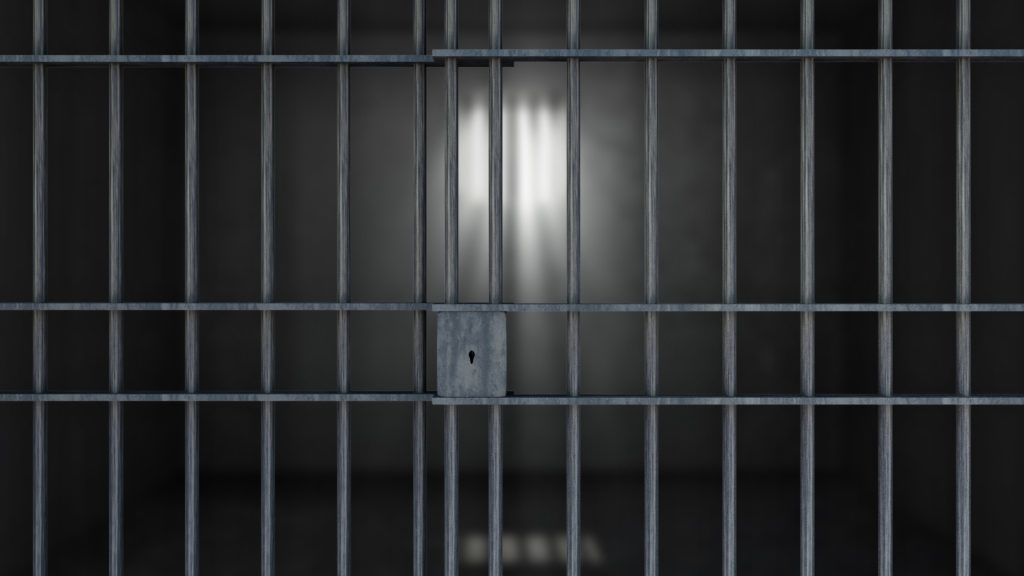
An unknown number of published studies have a hidden flaw: The “peers” who supposedly vouched for their publication are phonies.

The Broad Institute draws NIH funding to subsidize dozens of basic research projects, many of them conducted with commercial partners. But it is the Broad’s handling of its own CRISPR business and partnerships that threaten to undermine its nonprofit mission.
The process for correcting a published article can be needlessly burdensome. So some researchers have decided to take matters into their own hands.
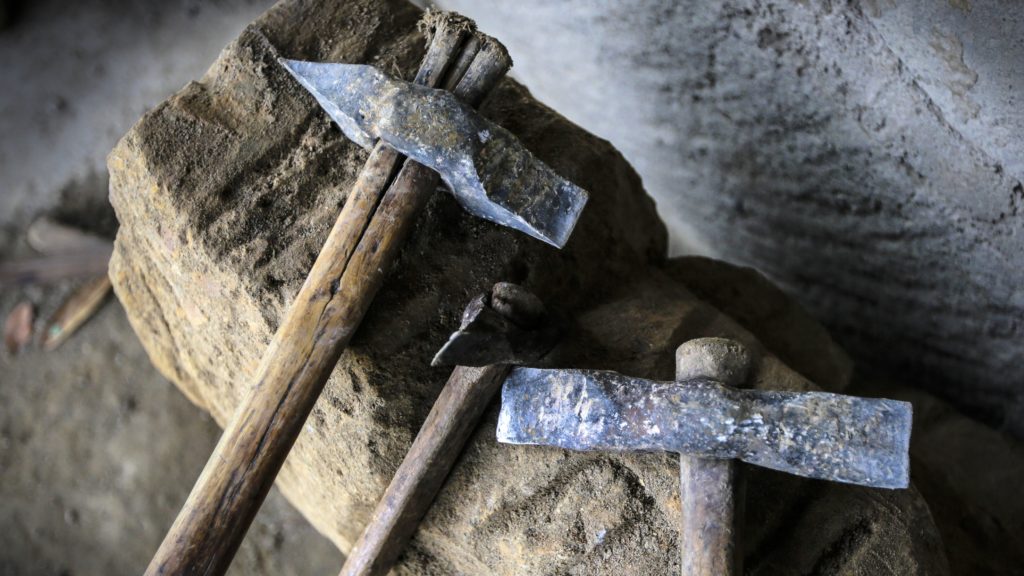
Several pricey drugs projected as best-sellers have flopped, unnerving the industry. Is the era of the biotech blockbuster over?
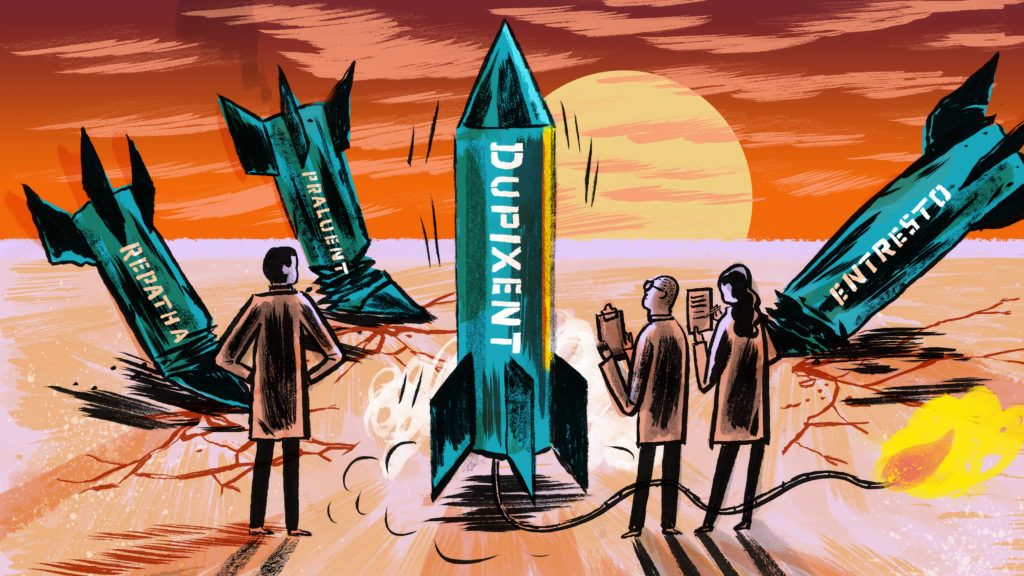
In the latest ploy, a group of researchers in Poland tried to seat a fictional scholar onto the editorial boards of 360 academic publications.
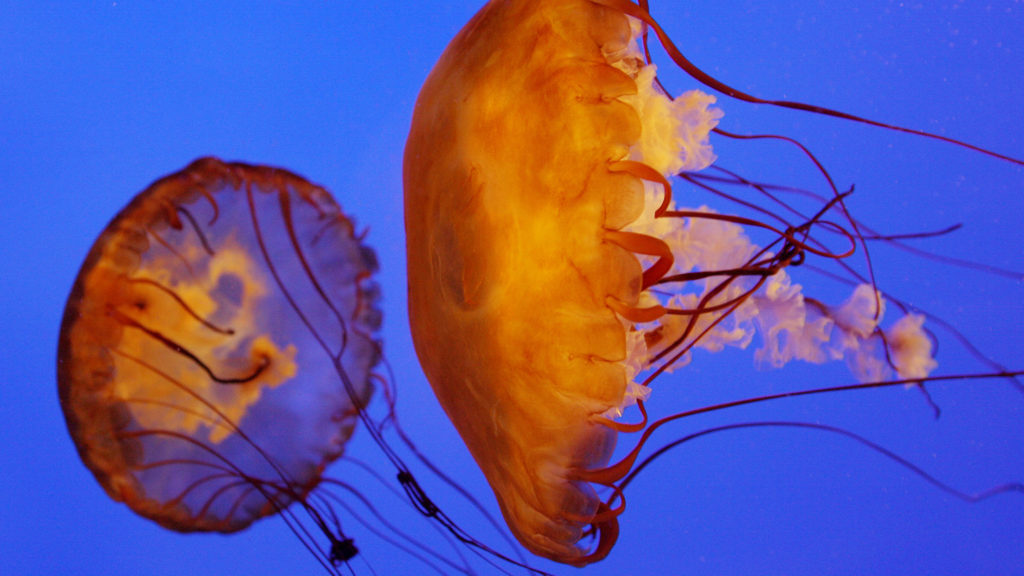
It often feels as though today’s health headlines are some scientific version of Mad Libs. And now there’s a study that provides evidence for that hunch.
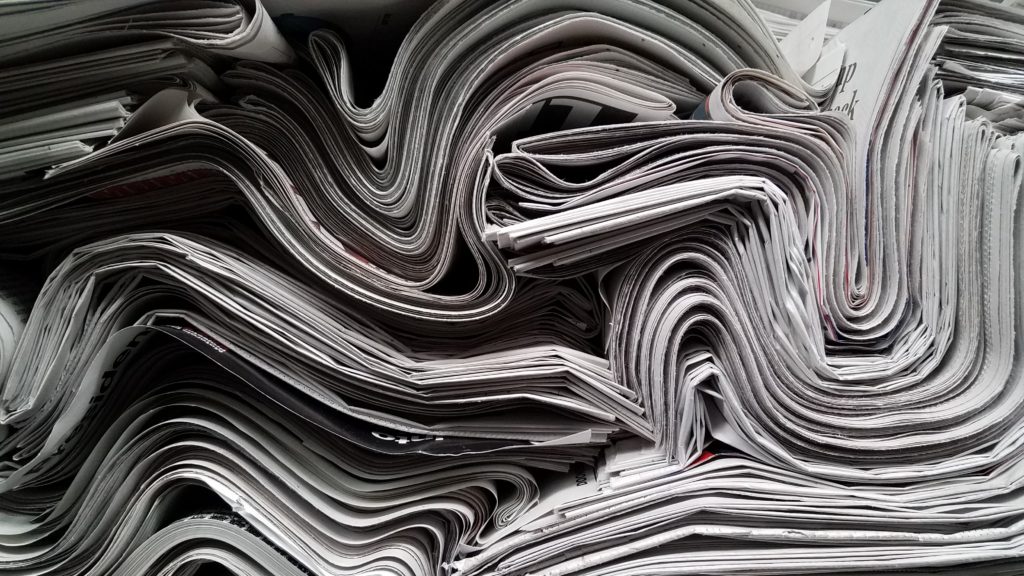
Tired of alternative facts, two Seattle professors aim to strike a blow for science. Their weapon? A new course: “Calling Bullshit In the Age of Big Data.”
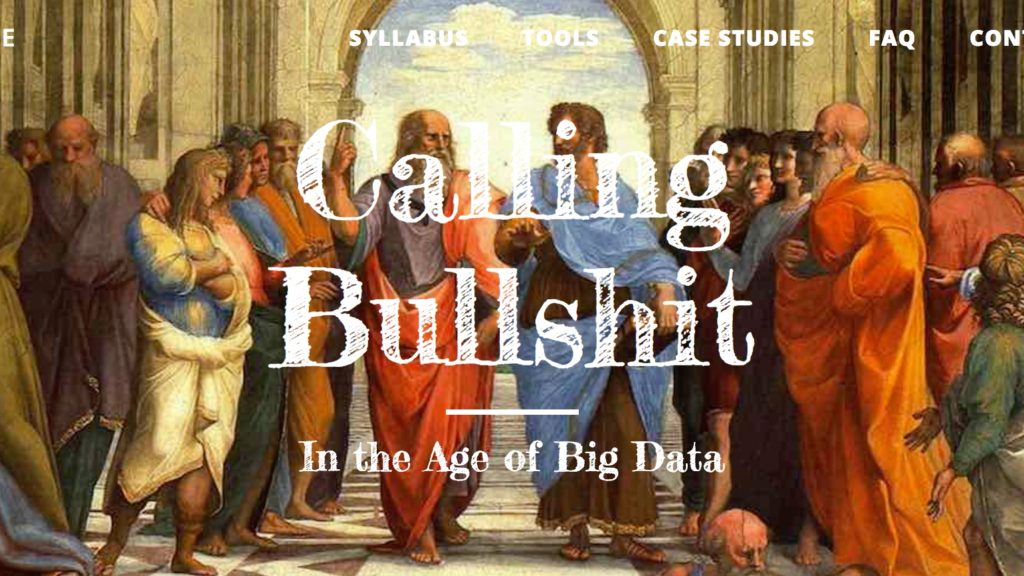
A growing chorus of experts says that scientific research is using too wide a net — and therefore publishing results that turn out to be false.
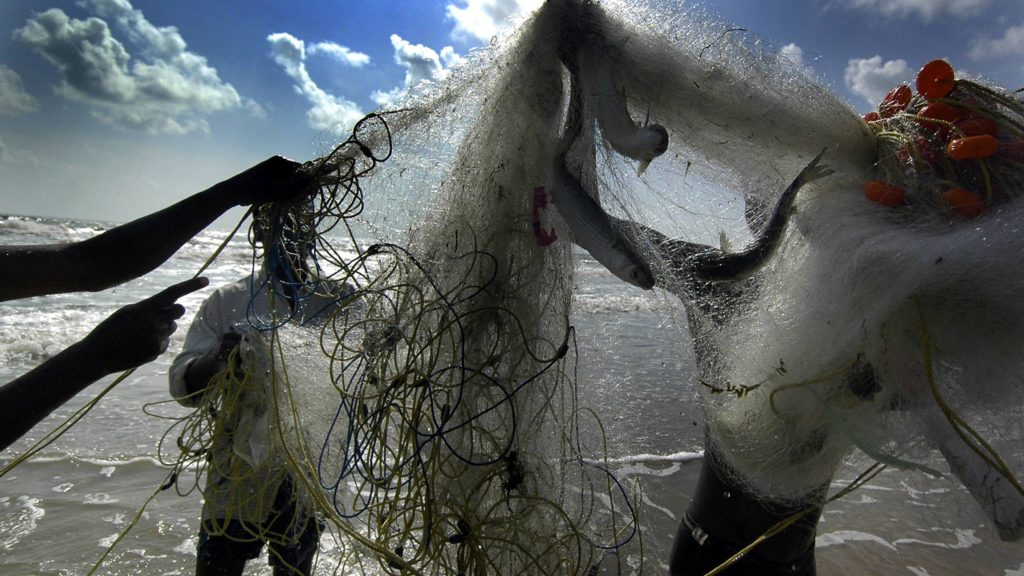
Dr. Patrick Soon-Shiong, a biotech billionaire, launched a 'moonshot' to vanquish cancer. But an investigation found the hype far outruns the progress.
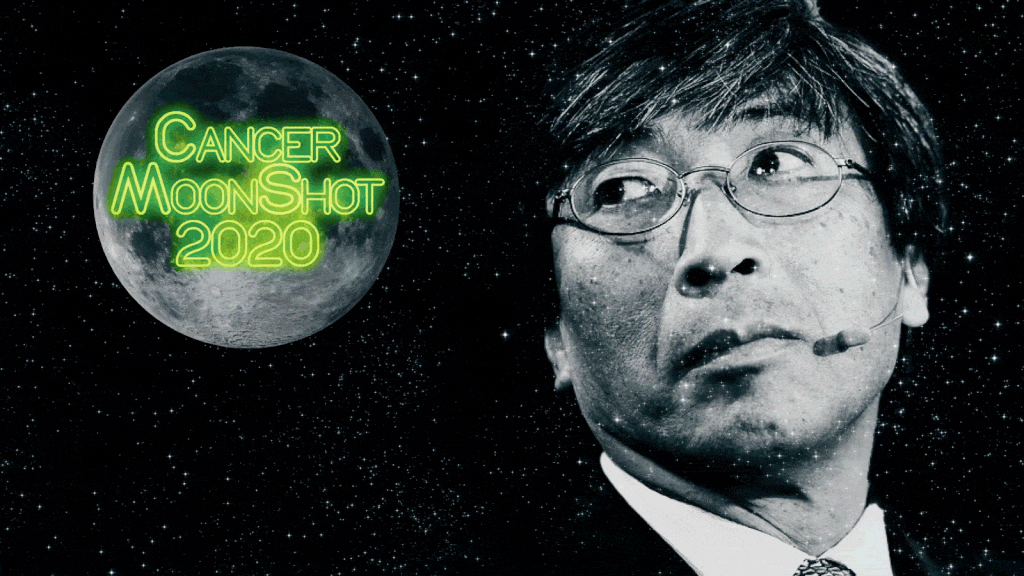
This is one of our biggest failures as a scientific community — we haven’t done a good job of actually communicating with people about what we do.
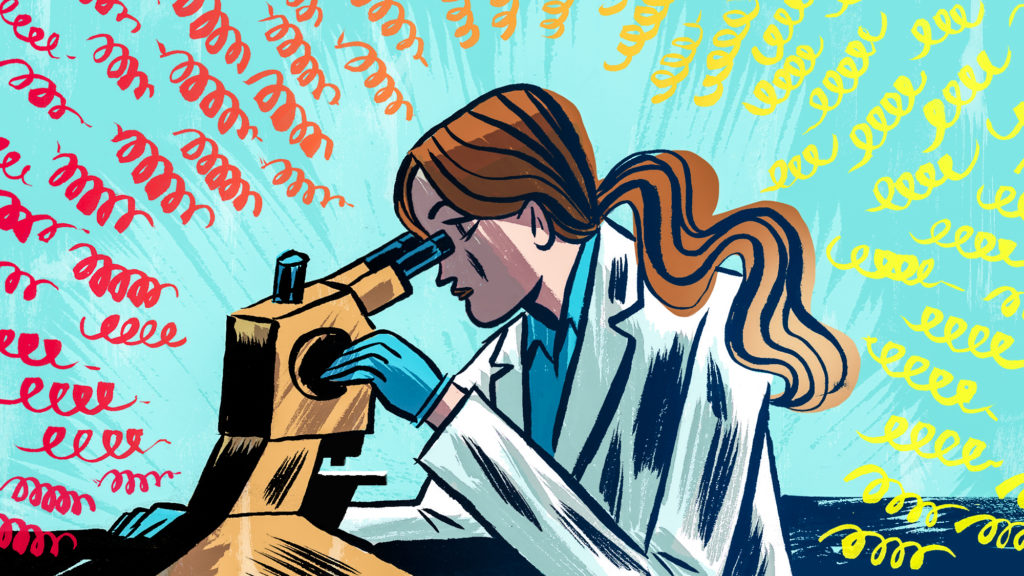
Dr. Francis Collins, the director of NIH, "has been held over by the Trump administration," although it's unclear whether Trump may nominate a successor.
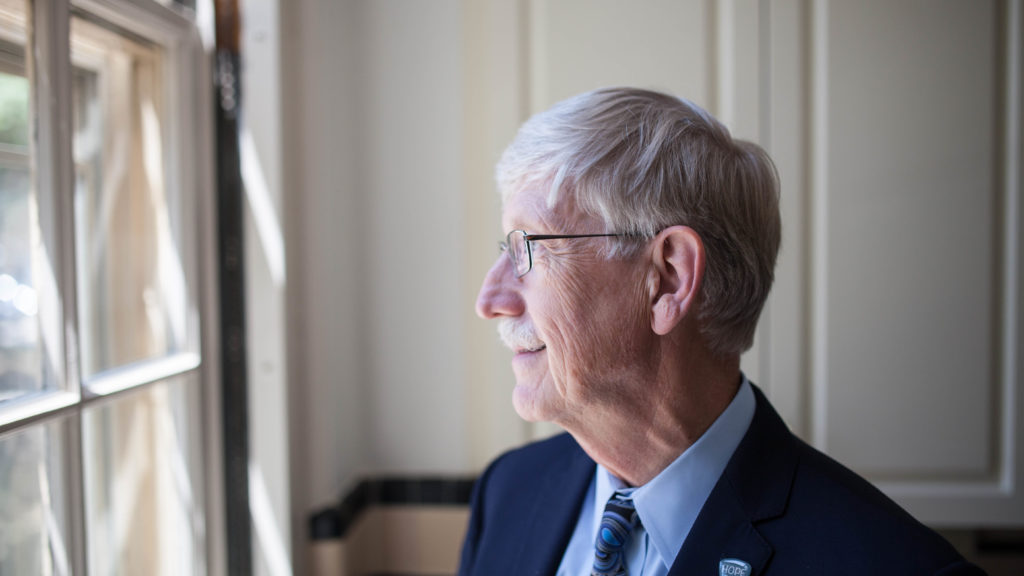
A small number of scientists band together to reference each other’s work, gaming the citation system to make their studies appear to be more important.

Fake news and "post-truth," which may have played a role in the 2016 elections, are also problems in science publishing and science journalism.

Gingrich, the former House speaker and adviser to the president-elect, said "this is going to be a very science- and technology-oriented administration."
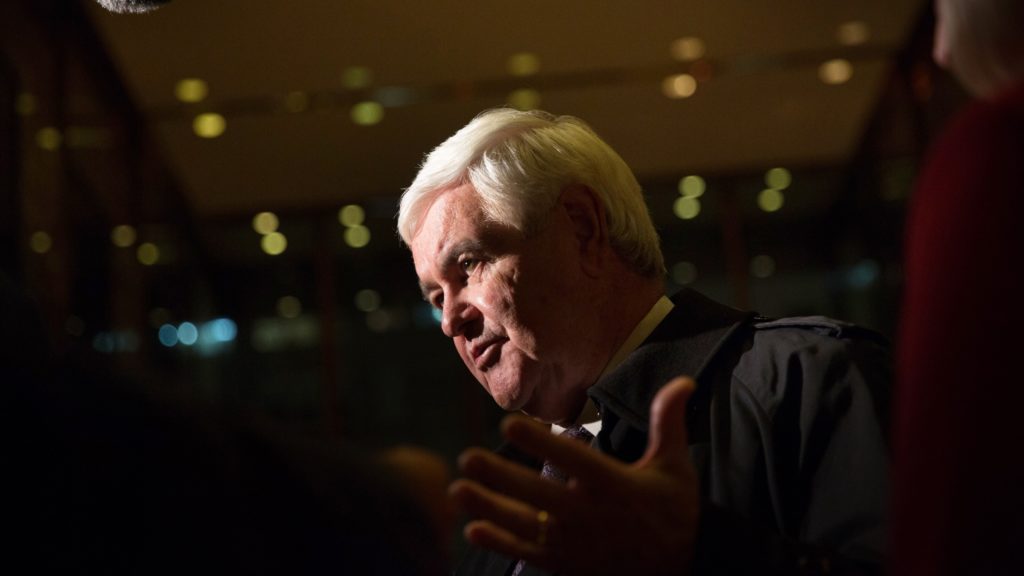
Despite the typical stigma of retracting a scientific paper, Nathan Georgette is doing just fine — serving as a model to those many decades his senior.
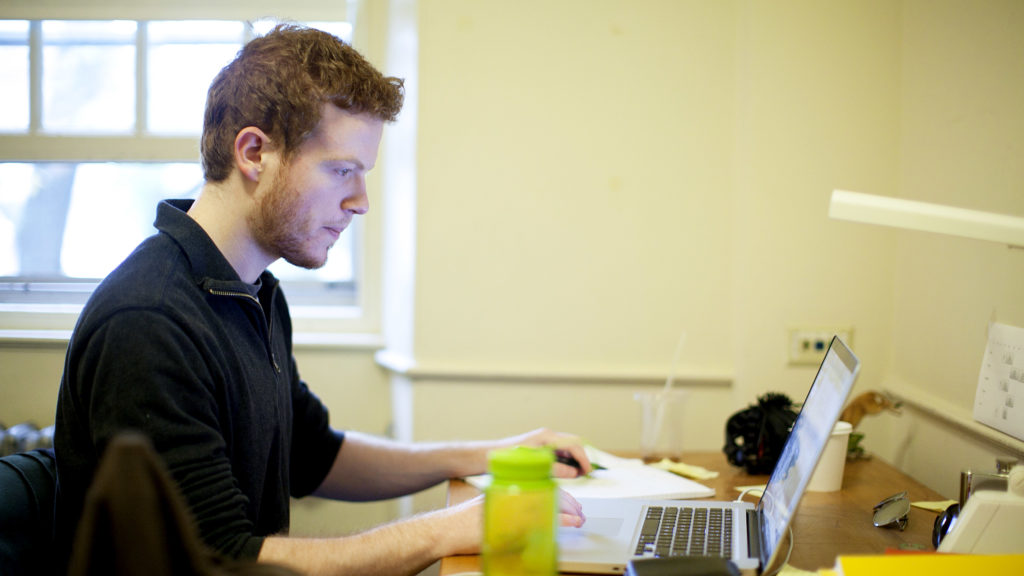
Open access publishing that permits commercial reuse enables the kinds of public-private partnerships that are essential to scientific innovation.
